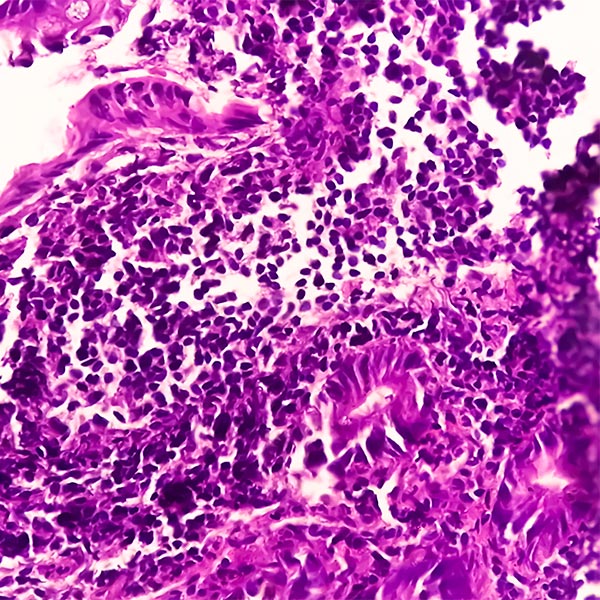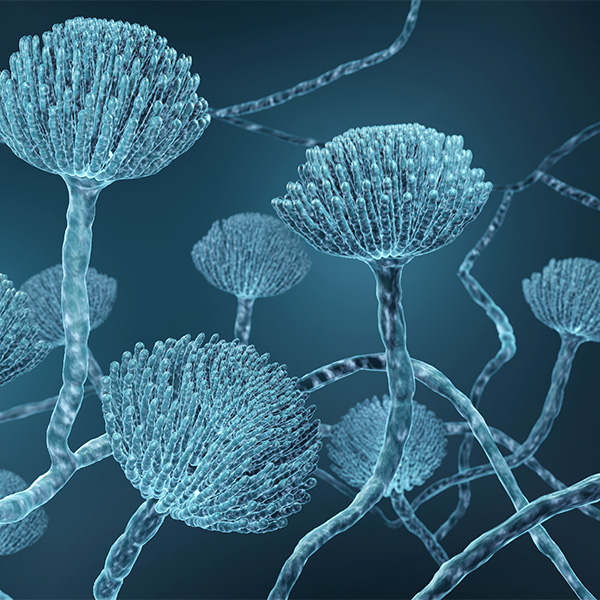The immunomodulating properties of Orynotides are predicted to make them effective in treatment of cancer. In recent studies the company identified Orynotides that are effective in preclinical models of melanoma and colon adenocarcinoma, and a lead compound has been identified for further development.
ORYN 1053 is in IND-enabling development for the treatment of cancer in combination with a PD-1 or PD-L1 inhibitor. Results of nonclinical efficacy studies of combination therapy of ORYN 1053 with immune checkpoint inhibitors in nonclinical cancer disease models suggest an important potential role for ORYN 1053 in enhancing and extending the efficacy and indication range of checkpoint inhibitor drugs. In combination with a PD-1 inhibitor, ORYN 1053 significantly enhances anti-PD-1 mediated tumor suppression in mouse models of melanoma, colon cancer (MC38), and pancreatic cancer (PAN02). Significantly enhanced survival is induced with both standard and reduced doses of the PD-1 inhibitor when combined with ORYN 1053. In mice, in which complete regressions are induced, tumor immunity is seen in long-term survivors. Additional studies are underway to replicate and extend these results by evaluating additional tumor cell lines.
Although safety studies are still underway (MTD and repeat dose at various levels), a wide safety margin has already been established, with the toxic dose substantially higher than the doses necessary for efficacy.
The multicomponent mode of action by which ORYN 1053 enhances the anticancer effectiveness of a PD-1 inhibitor includes the following:
- Suppression of tumor necrosis factor-α (TNF-α) shedding by inhibition of TNF-α-converting enzyme with down-regulation of IL-6 and stimulation of expression of IFN-γ, IL-2, and IL-12 in the tumor microenvironment
- Reduction of the infiltration of the tumor microenvironment by myeloid-derived suppressor cells
- Induction of CD8+ T-cells






